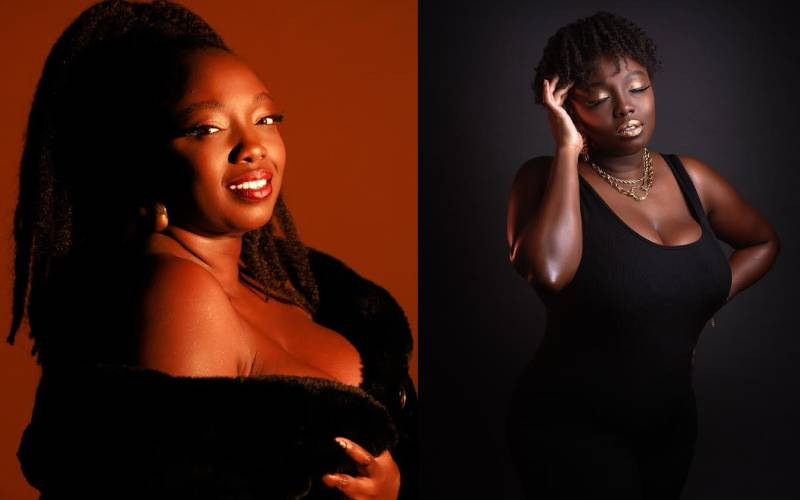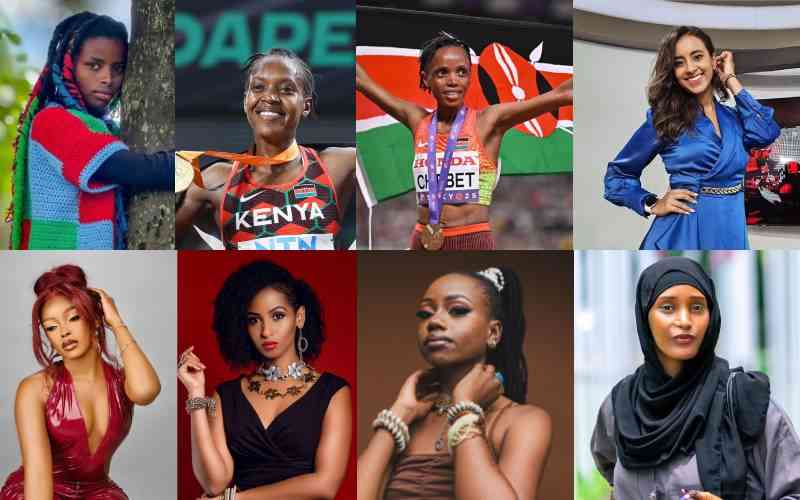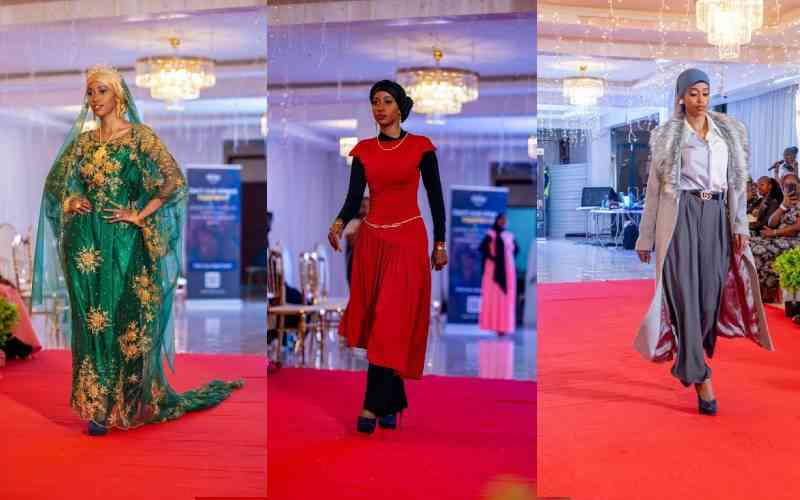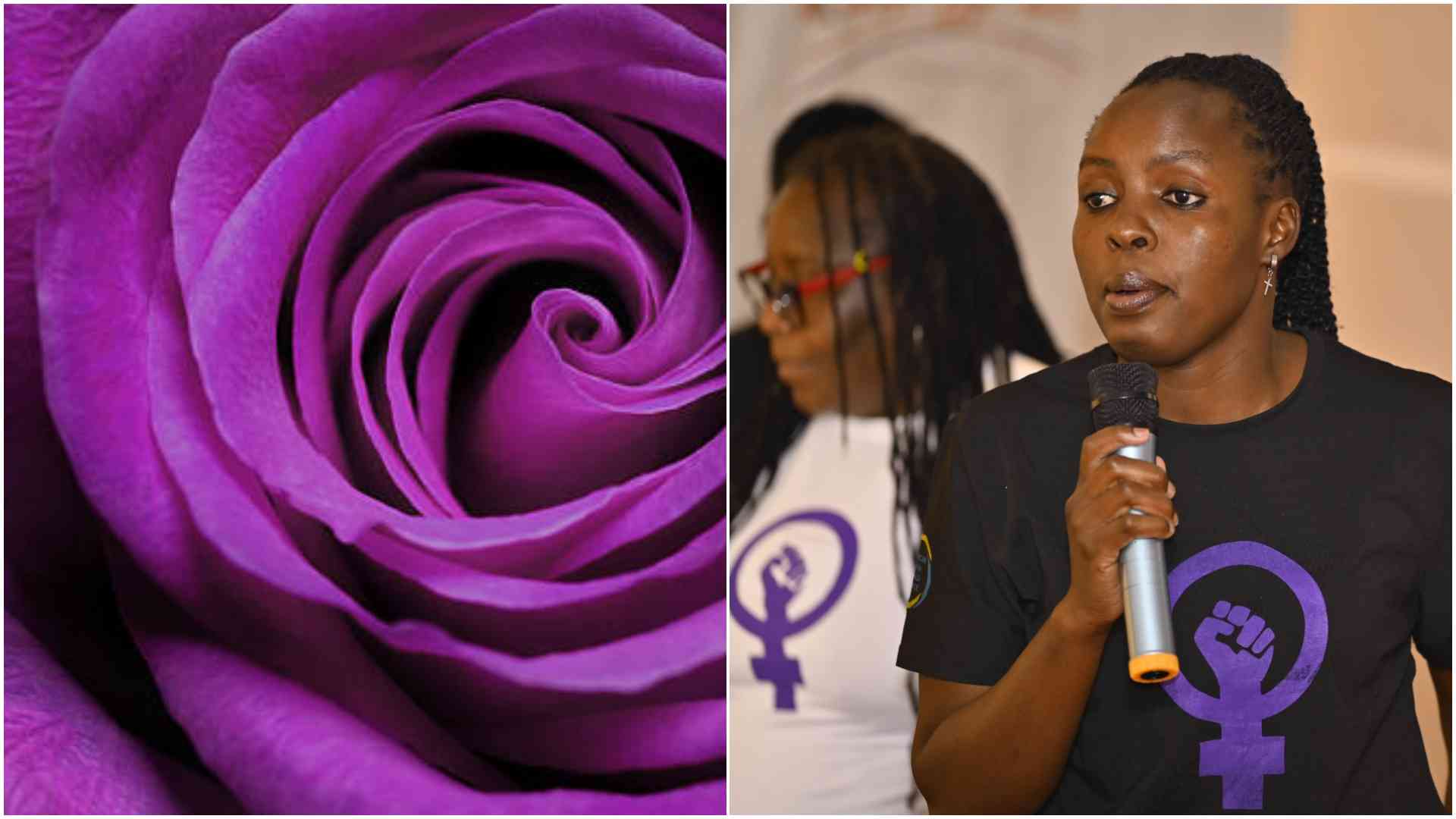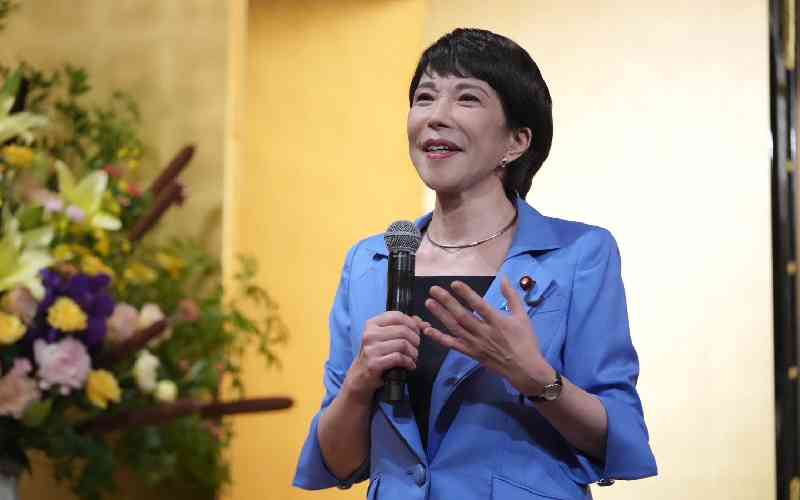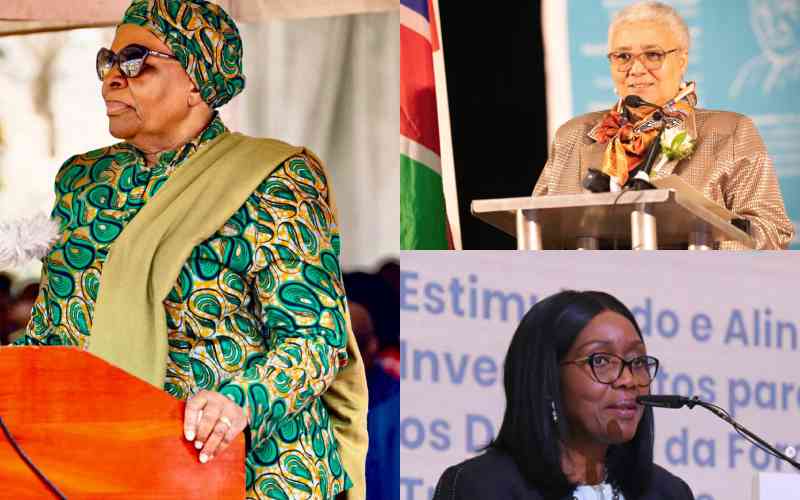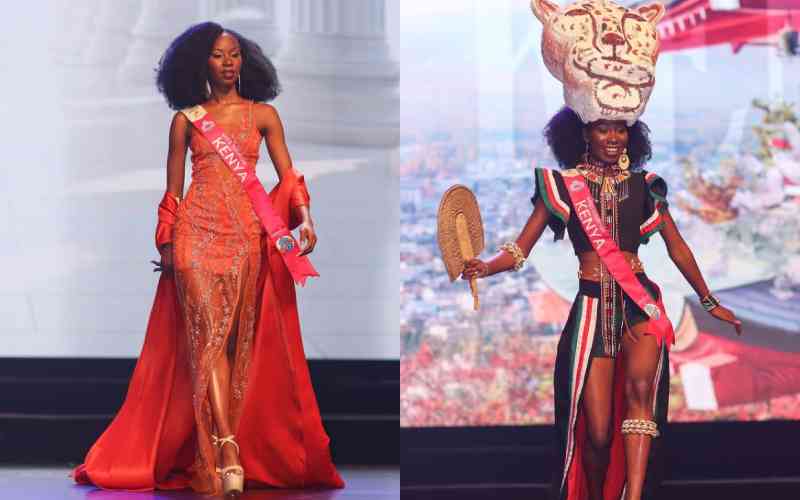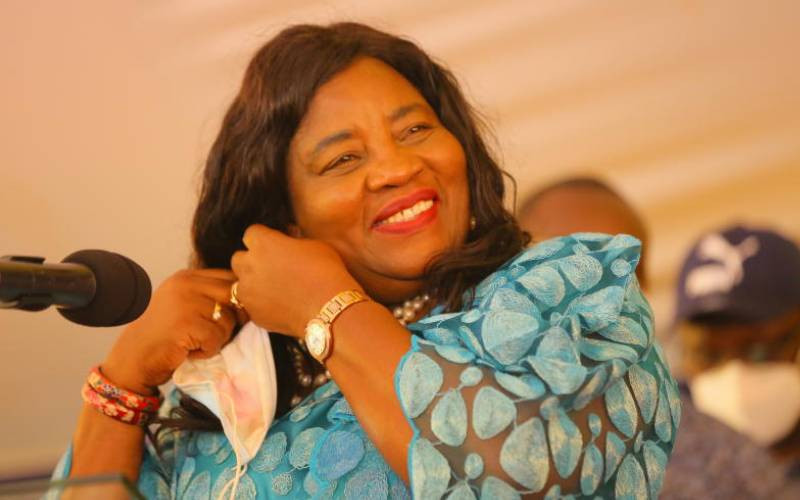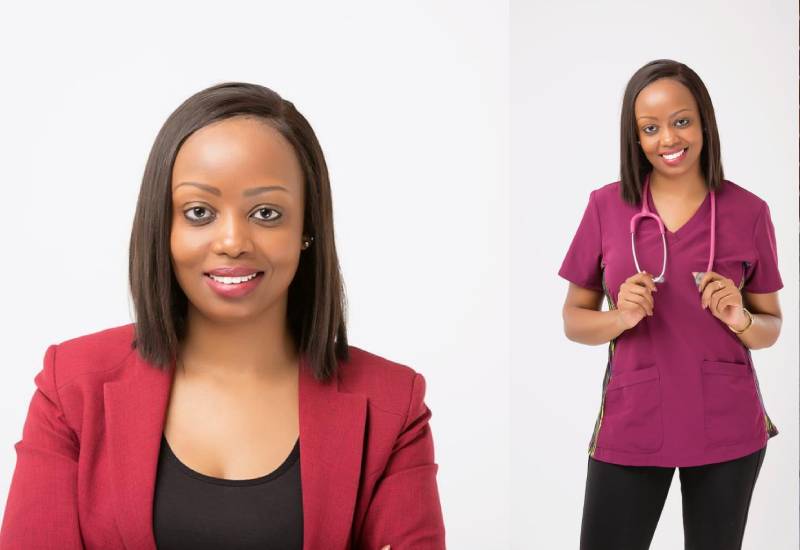
Dr Diana Wangari Gitau, a 2019 Forbes 30 under 30 Africa nominee wears many hats. From managing partner at VictoriaLens, a medical doctor and an entrepreneur.
She shares why Artificial Intelligence, Blockchain, and Virtual Reality are not just technologies for the “West” but could be utilized to make a difference in African medicine.
Describe yourself in three words.
You can say I am loving, driven, and kind.
Being in Forbes 30 under 30 was such a great achievement. What did this mean to you and your career?
It was a great honour, given that I was 27 at the time. It unlocked so many other opportunities and connected me with people doing great work.
Your work in healthcare technologies has been recognized all over the world and this led you to Oxford University and recognition as the Top Black student in the UK. Could you tell us a little about that?
I did my MBA at Oxford University, Said Business School as a Skoll Scholar. This is full funding given to four entrepreneurs driving positive impact around the world.
It was a fantastic experience, and I joined a community of brilliant minds. I was still working on different projects while at Oxford and this led to the Rare Rising Star -Top Student Black Student in the UK.
What patient encounter would you say changed your life?
Two patients come to mind. A young boy, Tom, died of TB-related complications. We later came to learn that he had been stuffing his medication in his mattress at home.
The other, an elderly lady, Joyce, came to us with late-stage breast cancer and had to go into palliative care. She was the sole breadwinner to three of her grandchildren whose parents had died in their infancy.
Her biggest worry was what would happen to her grandchildren once she was gone. I was haunted by the thought of how we could reach patients like Joyce earlier and how we could have made Tom understand the importance of taking his medicine.
Where would you say medicine and the digital world meet and are the future technologies here to stay?
Technology is going to be critical in medicine, it already is. If you start with imaging devices, you can now perform an ultrasound as you view it on your phone.
With a virtual reality training centre and skills lab, you can simulate multiple clinical scenarios. It doesn’t require patients to be prodded multiple times, it’s simply a matter of coding and changing simulations.
And this addresses not only an education or healthcare issue but job creation opportunities for the youth.
But what about those who say, Kenya and Africa in general face such fundamental challenges, from Malaria to TB-HIV that we don’t have space for such technologies?
Healthcare is perhaps one of the few fields, where you can’t rule out human contact altogether. I think technology is an enabler.
If you think about it from that perspective, then the issue isn’t about Malaria or HIV. It’s more about access and eliminating inefficiencies.
If you think about the work that goes into creating vaccines, including Malaria, it’s now possible because the technology is getting better.
How do you balance and more so, as a female in male-dominated industries, tech, and investments?
I look at life as evolution and therefore, I prefer some flexibility in my methods. I think it’s Jeff Bezos who once said “We are stubborn on vision. We are flexible on details.”
Of course, there are challenges I face that my male colleagues don’t but I believe confidence is key. You must know who you are and what you stand for, but most importantly, it's the women who go first that keep the door open for others.
 The Standard Group Plc is a multi-media organization with investments in media
platforms spanning newspaper print
operations, television, radio broadcasting, digital and online services. The
Standard Group is recognized as a
leading multi-media house in Kenya with a key influence in matters of national
and international interest.
The Standard Group Plc is a multi-media organization with investments in media
platforms spanning newspaper print
operations, television, radio broadcasting, digital and online services. The
Standard Group is recognized as a
leading multi-media house in Kenya with a key influence in matters of national
and international interest.


